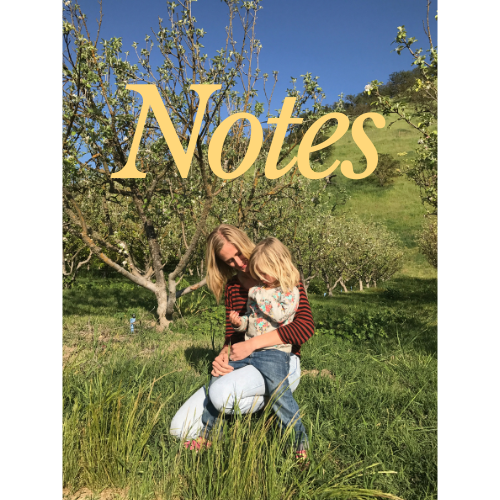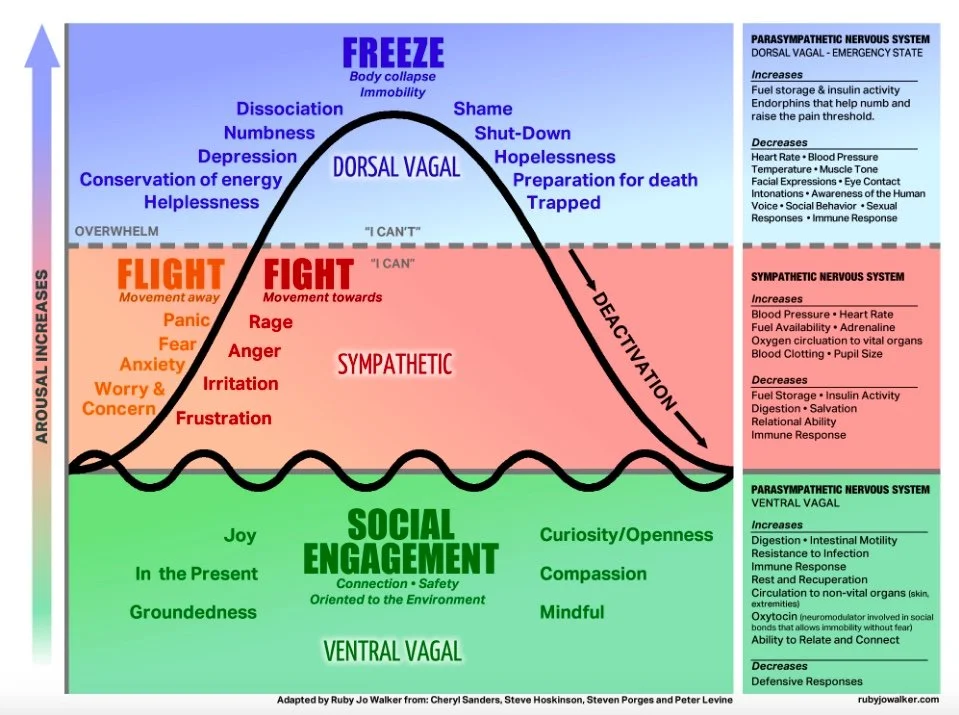One Surprising Way to Help Your Highly Sensitive Child Get Calm.
“it doesn’t have to be perfect! Stop worrying about it!” These statements make sense But children with sensitivities, anxieties, or individual differences, may not have as easy access to logic as a grownup. A child’s brain is not the same as a grown-up brain, so the lessons we think we are teaching often get misinterpreted. Working with a play therapist or child counselor can help you connect.
How to Compliment Your Child to Grow Their Confidence.
if your child is struggling with self-esteem they often want constant compliments: “Do you like it Mommy?” “Look what I made do you like it??” And they may not be satisfied with your answer--this is because they lack the inner esteem and motivation. In this case, I begin to train parents to change their language! It feels awkward and counter-intuitive at first.
What is Regulation in Kids?
Regulation is a processing state. When a person is in a regulated state they are Calm, Focused, and Alert! Take a minute and imagine the last time you were Calm, Focused, and Alert. We may often feel calm, but perhaps we are closer to spaced out (that’s hypo-alert) because we might be feeling chill but not alert. Being regulated means you can take in sensory information of your surroundings while staying Calm, Focused and Alert.
What Does My Child Learn in Play Therapy?
What do most children learn through Play Therapy?
The following is a quick summary for all you parents and professionals who are just skimming over resources and trying to survive another day!
Embrace and respect kids labeled as "disruptive": we need them!
Children who are labeled in schools and even by us as parents as “disruptive,” “hyperactive,” “impulsive” or even “bad” are often dealing with individual differences in how their bodies regulate and react and perceive. Add environment stressors at home or school and of course the day to day is stressful! But the truth is, kids who get this label are often differently wired.
Stress Can Actually Help Kids Grow, the good kind of stress, that is.
Not all stress is damaging. In fact, some stress with the right ingredients builds tolerance and self-esteem! As parents who want the best for our kids, sometimes just a bit of education from the research base on child development can soothe our anxious minds and give context. Because life is stressful, and shielding our kids from stress is a losing battle.
NURTURING RESILIENCE: HOW YOU CAN PREPARE YOUR CHILD TO HANDLE LIFE’S CHALLENGES
What if I told you that avoiding struggle and hardship was not what predicts a healthy child? Perhaps it would be a relief! It’s our biological drive as parents to protect our children, yet we will inevitably fail to protect them from all stressors in life. Though we do our best, our children may experience a death, divorce, loss, or unexpected change.
DOES MY CHILD NEED THERAPY (AND WILL IT REALLY HELP)?
If your child’s behavior appears consistently out-of-control, more emotional than typical with a hard time calming down, or if behavior and mood shift dramatically over a period of weeks, it might benefit an assessment. A trained clinician who is well-versed in child development and psychotherapy such as a Registered Play Therapist can help you, the parent, figure out whether treatment will be helpful.
DIR/FLOORTIME WITH NARRATIVE AND EXPRESSIVE ARTS THERAPY FOR SENSITIVE KIDS
As a therapist who works primarily with children and young adults with ASD and sensory processing differences, I believe that it is important not to limit story-telling to what is expressed verbally. Taking into account the child’s individual differences is essential when it comes to engagement and communication, and some children communicate more readily through song, while jumping, dancing or swinging, or by using toys in symbolic play.
What Does My Child’s Play Mean?
If you are a parent, therapist, caregiver, or any other professional or para professional who works with kids, then I guarantee that understanding a bit more about the emotional themes that underlie a child’s play can help your child grow, and can grow your relationship with that child.In this post I will focus on how to address feelings expressed in a child’s play and feelings expressed directly. I will first give an overview of Greenspan and Wieder’s (1998) 9 emotional themes to get us started in identifying emotional expressions in a child’s world.
How to respond when a child is traumatized
When a child experiences trauma their body goes into fight, flight, freeze, or fawn mode. Cognitive thought and planning go offline and the instinctual, “reptilian,” brain overrides all other brain functions. Your child will experience an adrenaline rush, racing heart, and many more responses that prepare them to defend and protect.
Stay Updated
Feel free to subscribe and I’ll send you things as I create them.












